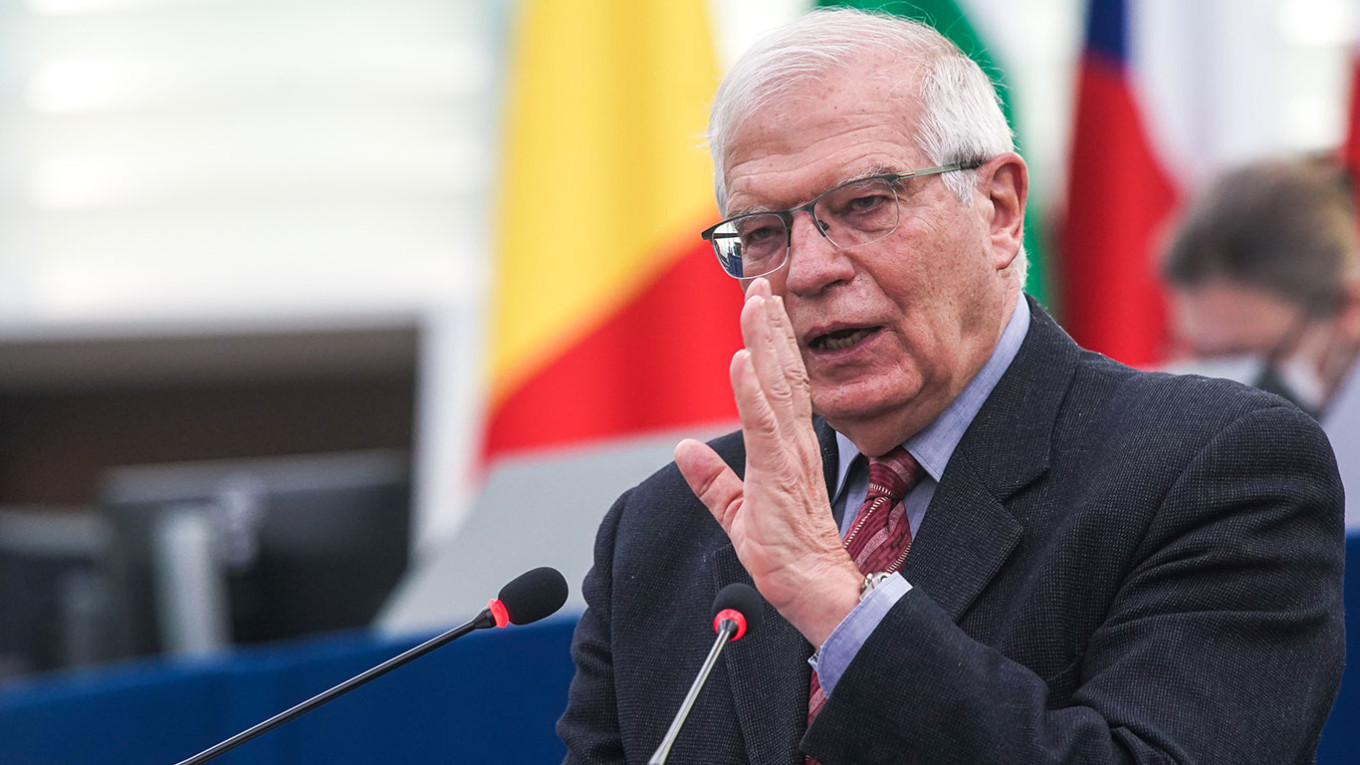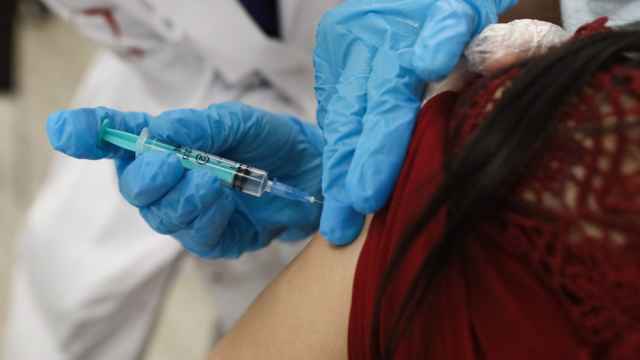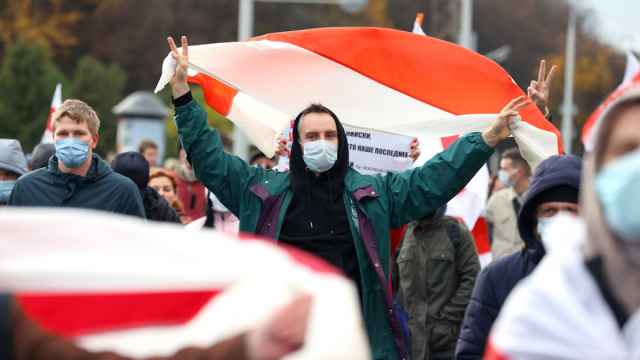The European Union on Thursday adopted a fresh round of sanctions on Russia in response to Moscow’s annexation of four Ukrainian territories, which was legally finalized by President Vladimir Putin this week.
“This new sanctions package against Russia is proof of our determination to stop Putin’s war machine and respond to his latest escalation with fake ‘referenda’ and illegal annexation of Ukrainian territories,” the European Council’s press service quoted EU foreign policy chief Josep Borrell as saying.
In addition to targeted sanctions on individuals linked to the annexation “referendums” and Russian defense sector officials, the document introduces a complete ban on cryptocurrency transactions with Russian nationals and residents.
EU ambassadors also agreed to introduce a price cap on Russian oil transported by European operators, a move aimed to reduce Moscow’s revenues and “stabilize global energy prices.”
The latest sanctions package extends the bloc’s import ban on Russian steel products and introduces a fresh ban on the import of paper, cigarettes, cosmetic products and non-gold jewelry, among others.
The EU also agreed on a number of export restrictions — including those of coking coal and small arms — and banned EU nationals from holding posts in the governing bodies of some Russian state-owned companies.
The package marks the eighth round of sanctions introduced by the EU in response to Russia’s Feb. 24 invasion of Ukraine.
All past and fresh restrictions will be applied to all Russian-occupied territories in Ukraine, including parts of the Zaporizhzhia and Kherson regions, according to the Council.
A Message from The Moscow Times:
Dear readers,
We are facing unprecedented challenges. Russia's Prosecutor General's Office has designated The Moscow Times as an "undesirable" organization, criminalizing our work and putting our staff at risk of prosecution. This follows our earlier unjust labeling as a "foreign agent."
These actions are direct attempts to silence independent journalism in Russia. The authorities claim our work "discredits the decisions of the Russian leadership." We see things differently: we strive to provide accurate, unbiased reporting on Russia.
We, the journalists of The Moscow Times, refuse to be silenced. But to continue our work, we need your help.
Your support, no matter how small, makes a world of difference. If you can, please support us monthly starting from just $2. It's quick to set up, and every contribution makes a significant impact.
By supporting The Moscow Times, you're defending open, independent journalism in the face of repression. Thank you for standing with us.
Remind me later.






